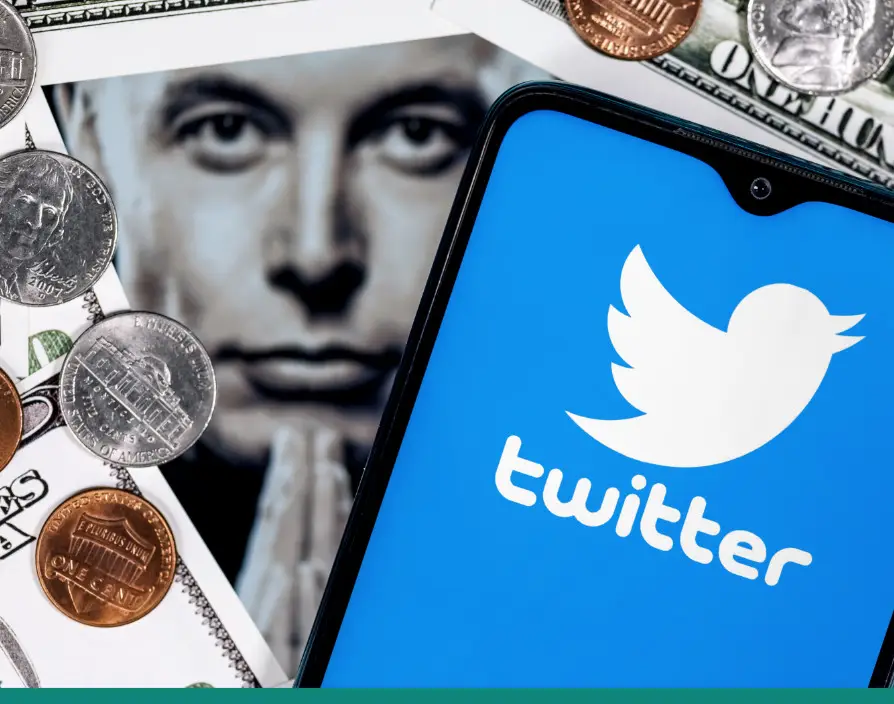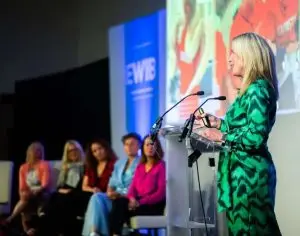Companies are increasingly looking for ways to maximise their growth potential. Many seek capital investment. However, some are artificially inflating their market value to attract investors. It is a practice that is more common than most people realise. Though it can benefit companies in the short term, there are many pitfalls with devastating consequences.
Twitter’s leadership team found themselves in hot water when tech mogul Elon Musk accused them of misleading him about the number of accounts registered on Twitter after completing his $44 billion takeover. Musk blamed them for allegedly inflating the numbers on the social media platform, believed to be created by bots, fake, duplicated and dormant accounts. The fallout: he fired the chief executive officer, chief financial officer and the legal affairs and policy chief.
Business growth is a crucial indicator of success, but inaccurate or inflated figures can lead to far-reaching consequences. So, what do we learn from Twitter’s experience, and what can companies do to ensure the accuracy of their financial reporting and maintain trust?
Inflated figures occur in different ways. It is unethical and, in some cases, unlawful to misrepresent information to achieve a higher valuation or market share. Surprisingly, artificial growth itself is not necessarily unethical. It reaches maximum market share over the shortest possible time without concern for medium or long-term consideration. Such practices are risky and certainly not advisable.
Accurate figures are essential when measuring growth. Companies must always strive for accuracy and avoid the slippery slope of misrepresenting information. With ambitious goals, it is tempting to cut corners with data reporting.
Some companies inflate figures by allowing customers to run up usage instead of suspending or warning them about exceeding their licensing terms. Their customers lose out when they discover they are being penalised with a bill or penalty in the form of a non-negotiable fine.
Other businesses entice resellers and distributors to buy ‘ahead’ of a customer order(s) or commitment in exchange for attractive discounts. Widely known as stockpiling, the resellers lose out because they are left ‘carrying the baby’ if the expected orders with the end customer(s) do not materialise.
Poor decision-making and inaccurate records eventually lead to serious issues that will come to light further down the line, as in the case of Twitter. The fallout resulted in Musk announcing plans to cut the workforce by 75%, increase working hours, and work towards transforming the business by charging for the blue check verification mark. Either way, to justify the $44bn acquisition, he must either find efficiencies, grow the company, or ideally both.
Any business acquired through a merger or acquisition becomes part of a larger organisation, and the parent business will seek to optimise the acquisition through investment. Inevitably, any short-term artificial growth will subside, and the board and leadership team must work swiftly towards transforming the business, which could result in downsizing or restructuring to make it thrive.
In a live interview with TED (Technology, Entertainment and Design), Musk explained his reason for the takeover of Twitter: “My strong intuitive sense is that having a public platform that is maximally trusted and broadly inclusive is extremely important.” Trust is a fundamental element of a successful business. It is necessary for customers and investors alike to have faith in the organisation they are working with.
Short-term artificial growth may seem appealing to some, but it comes at a cost. Business owners must root out questionable working modes to avoid being lulled into a false sense of security, believing the end justifies the means, only to end up being caught in the spotlight and shamed publicly for dubious practices.
Taking a step back to review, plan and make changes that benefit everyone, including suppliers, resellers, and customers, is the first step to healthier business growth.
Reference:
Quote: Elon Musk interview with Chris Anderson, head of TED, streamed live, 14 April 2022. https:/www.youtube.com/watch?v=cdZZpaB2kDM

































